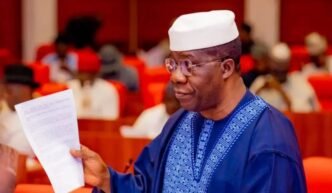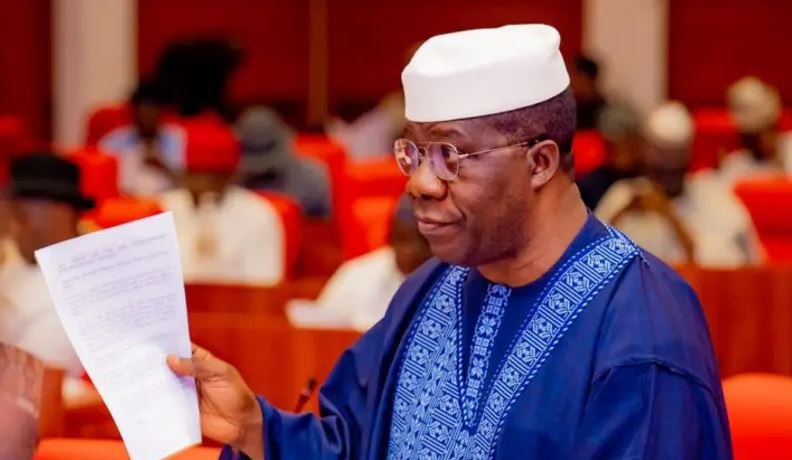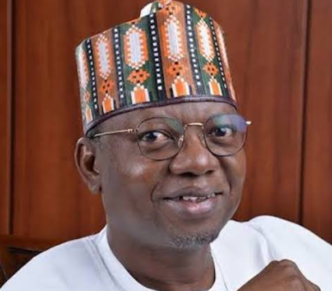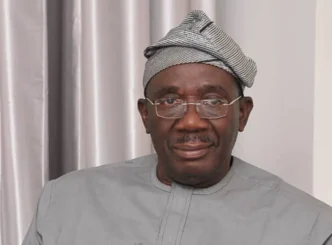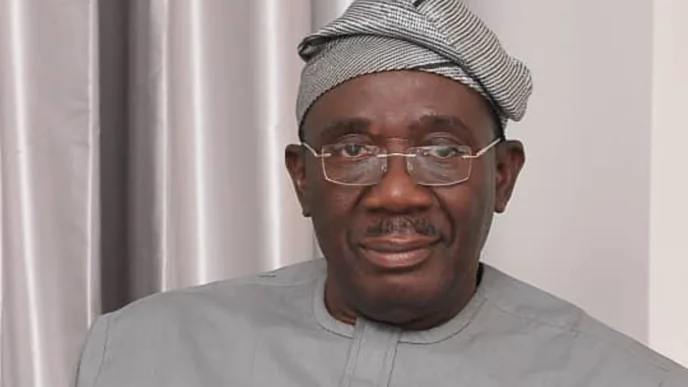Bill Sponsor: Sen. Bamidele, Michael Opeyemi (Ekiti Central-Senate Leader).
Bill Progress: First Reading
In recent legislative developments, an inconsistency has come to light regarding the Federal Road Safety Corps Act (Amendment) Bill, 2025, known as HB. 1401. This bill, designed to address various aspects of road safety and management in Nigeria, has sparked discussions due to some conflicting details about its origin and the legislative processes it has undergone.
The amendments laid out in HB. 1401 are ambitious and aim to redefine the operational framework of the Federal Road Safety Corps (FRSC). Significant changes proposed in the bill include expanding the jurisdiction of the FRSC from merely highways to all public roads across Nigeria. This shift is crucial in allowing the Corps to engage with urban and rural areas more effectively, thereby enhancing road safety measures nationwide.
Furthermore, the bill seeks to introduce a specialized armed squad within the FRSC. This Road Safety Special Armed Squad would bear arms for high-risk operations, addressing issues of road safety and traffic management with an increased enforcement capacity. It represents a substantial shift in how the government views the responsibilities that accompany road safety management, acknowledging the challenges that road traffic poses to public safety.
Another notable provision in the bill is the proposed rename of the agency to the Nigeria Road Safety Commission (NRSC). This change reflects a broader vision concerning the organization’s purpose and operations, suggesting a transformation in its approach to traffic safety and regulation.
Enhancing staff welfare is also a central theme in these amendments. The bill proposes that officers ranked as Deputy Corps Marshals will be included in a consolidated salary grade, a development that seeks to improve morale and operational effectiveness among personnel. Improved retirement benefits for these ranks signify a commitment to valuing the service of those dedicated to road safety.
Additionally, the bill outlines a more robust leadership structure within the FRSC. Specifically, it stipulates that the appointment of the Corps Marshal must come from within the ranks of the Corps, ensuring that only individuals with deep expertise and experience manage the agency’s operations.
Other responsibilities granted to the proposed Commission in HB. 1401 include comprehensive road traffic administration, minimizing road traffic crashes, supervising public road users, and enhancing public education about safe road practices. This comprehensive approach underscores the potential impact the bill could have on public safety and the prevention of traffic-related incidents.
The clarity brought to its origins, sponsorship, and proposed amendments plays a critical role in shaping not only the future of the Federal Road Safety Corps but also the safety and security of road users across Nigeria. The ongoing legislative journey of this bill could ultimately serve as a significant turning point in road safety management, elevating the operations of the FRSC to effectively safeguard citizens on their travels.
